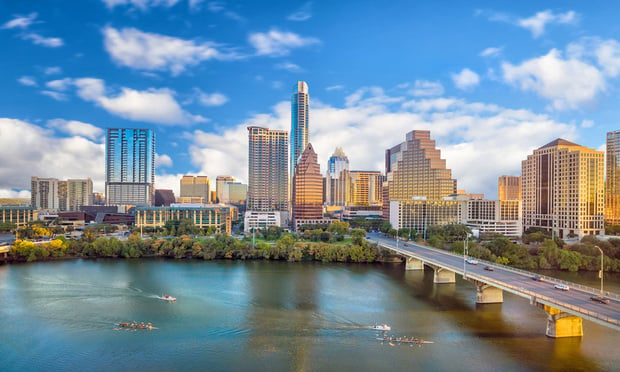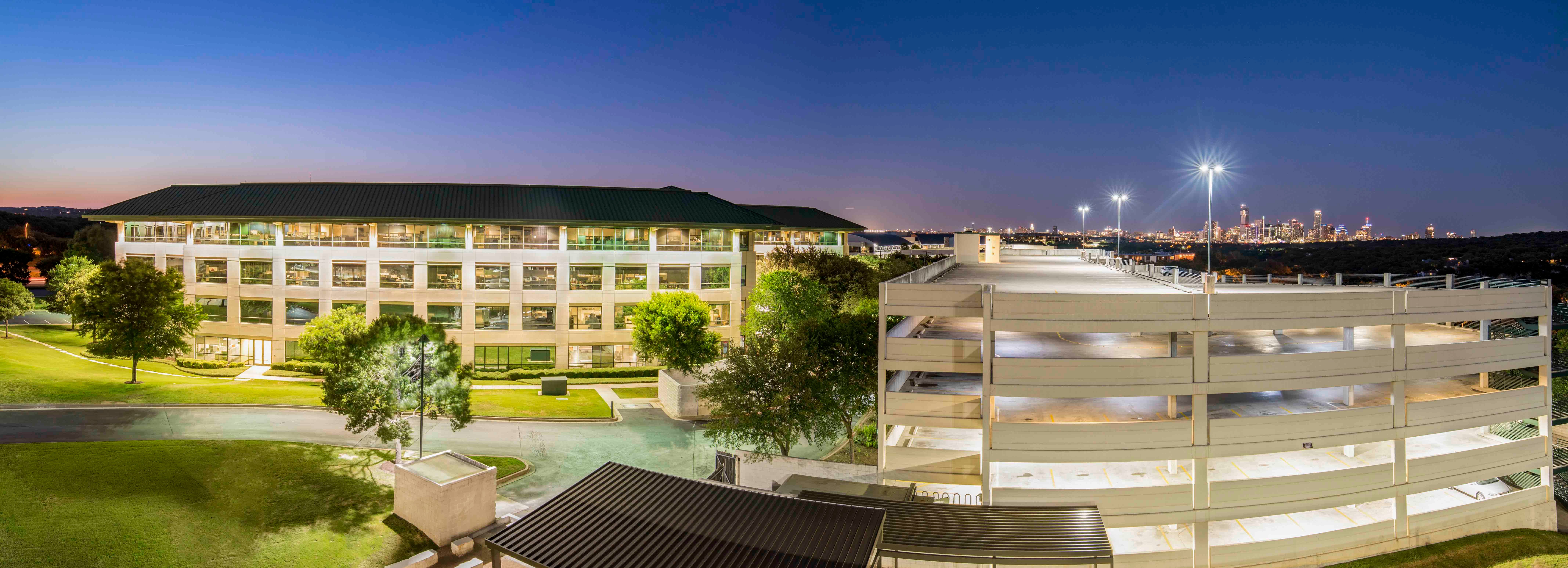It's the kind of event that allows a metro area to show off to the execs who decide where their companies will expand. And it's the kind of event that wouldn't be possible without an expanded Austin Convention Center and a convention headquarters hotel. Both will be in place by 2006. The Convention Center opens a new section that doubles its size in May 2002 and the 800-room Hilton Austin Hotel greets guests in January 2004.
"That was a key selling point for us," Jonathan Osmundsen, a director of the group going after the conference, tells GlobeSt.com. "It's just, basically, that Austin's infrastructure is at a point where we can handle (such an event)."
And it goes beyond just having enough space on the convention floor and in the hotels. "This a conference that is really geared toward the people that run those companies," he says. "You need to look not only at how many attendees we can host, but are the facilities at a tier one level. With all those upgrades, we can check off that category."
The Austin Convention and Visitors Bureau is helping pursue the WCIT and has raised its sights to bring other big conventions to town. "The last piece of the puzzle to really get those people interested in us was the Hilton," Tod Peddie, the bureau's director of sales, tells GlobeSt.com. "Because groups that we're approaching, with 2,000 rooms on their peak night, then they're going to need a convention center hotel that can handle a large portion of their room block. The rest of the hotels in downtown area will benefit from that."
The Austin WCIT 2006 Steering Group Friday submitted its proposal to the Information Technology Association of America. In the next step, the ITAA will put forth a US city, which will compete with others in the Americas. This year, the conference is in Adelaide, Australia (one of Austin's sister cities) and the 2004 event is set for Athens, Greece following the Summer Olympics.
While the WCIT is five years away, the ACVB is working to bring bigger meetings to Austin in the meantime. The bureau is generating interest from its regional offices in Washington, DC and Chicago, Peddie says. "Those two are the centers of the large associations," he says. The bureau put a similar office in San Jose, CA, this year to pitch Austin to Silicon Valley's tech associations.
So far, groups coming to the expanded center include the Community Transportation Association of American, May 2002; National Council of LaRaza, July 2003; American Physical Society, February 2003; and Society of Environmental Toxicologists and Chemists, November 2003.
The LaRaza meeting had been booked when it was thought that the expansion and hotel would be ready at the same time, Peddie says. "We expanded the housing package and went back to the hotels, got larger room blocks and were able to accommodate them," he says.
© Touchpoint Markets, All Rights Reserved. Request academic re-use from www.copyright.com. All other uses, submit a request to [email protected]. For more inforrmation visit Asset & Logo Licensing.






